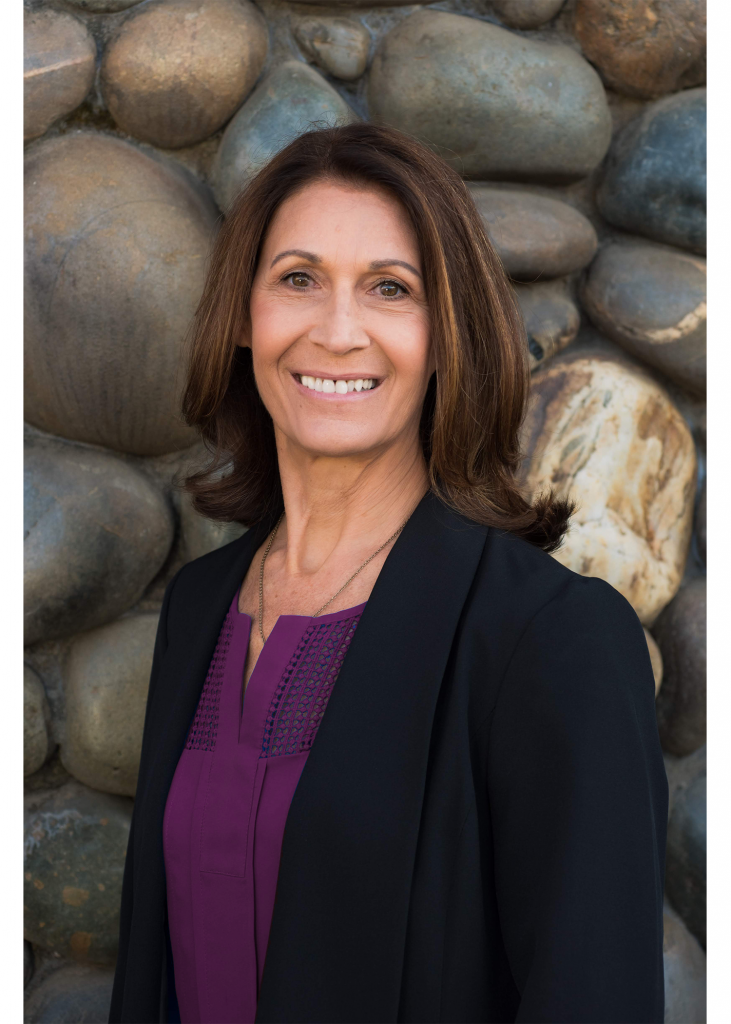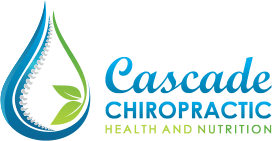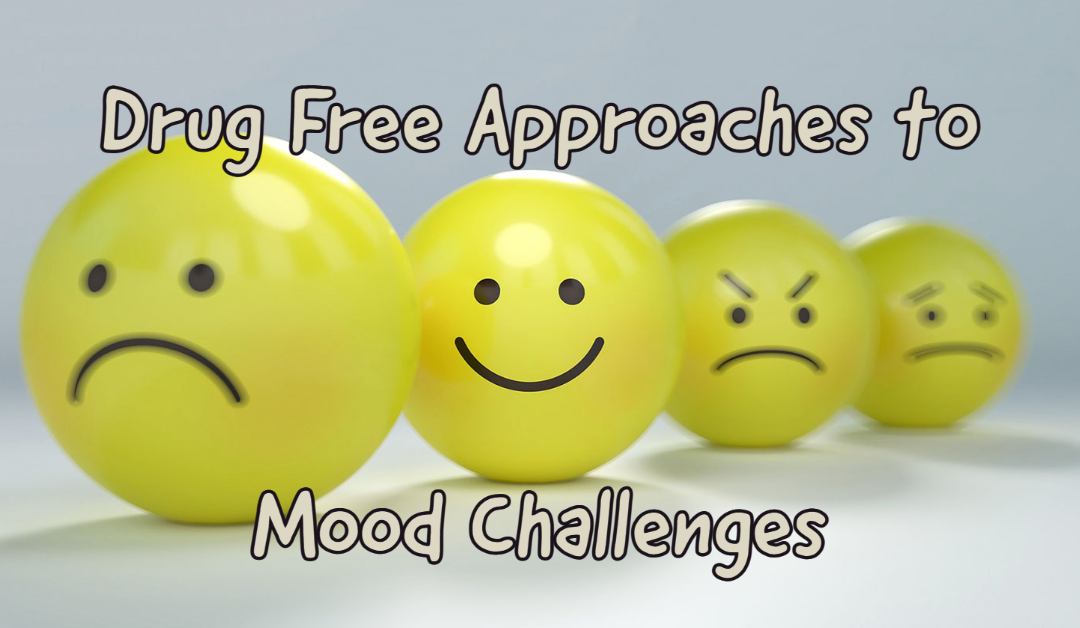Many people today suffer from mild to moderate depression and/or anxiety and are able to ease those symptoms minus the prescriptions. The following methods have all been scientifically proven to help ease the symptoms of depression. I have included those methods that are free or nearly free so that anyone can add one or more of these protocols to their lifestyle.
Here’s what the research has to say about it:
Exercise: A free and effective way to boost neurotransmitter production, exercise has been shown to lift mood as well as increase Brain Derived Neurotrophic Factor (BDNF). These effects are derived from both strength and aerobic types of exercise. BDNF, which has the ability to improve our ability to learn new behaviors and responses to previously stressful stimuli, is a relatively new discovery with regards to the benefits of exercise. It is very involved in the plasticity of the brain, allowing us to change our emotional response to a “bad experience.” Studies have demonstrated that those who exercise regularly have lower levels of chronic depression.
Mindfulness: Mindfulness is the act of being present and practicing PTC, or present time consciousness. Being attentive to the task at hand, being fully engaged in the conversation, the work you are doing, or the child you are helping is so important to us as humans. Knowing that we are making a difference and that we are making a difference to someone else has more value than you can describe. A 2016 study in JAMA Psychiatry demonstrated that gentle yoga and daily meditation helped those with chronic depression avoid relapses even better than anti-depressants. It’s easy to download a meditation app on your phone or use a book of your choice with visual imagery that takes you to a safe and relaxing place. If you need help there are Meet-up groups, YouTube videos and age appropriate classes for yoga nearly everywhere. The first step is the most challenging, but the benefits can be huge!
Behavioral Activation Therapy: Often those suffering from depression find themselves at home day after day, or going to work and then straight home, not wanting to venture out and interact with others. This particular therapy encourages them to identify activities that add meaning to their life like volunteering, family time, reading, even if they don’t feel up to it. I often say, “Act as if.” “Act as if” means that sometimes we have to do something before we can have it or feel it. Act happy and your chances of feeling happy increase over time. This is a therapy that can be encouraged by family members or friends if done in a loving and respectful way. There are also mental health practitioners who facilitate this therapy.
Float Therapy: Floating has been shown via MRI to activate areas of the brain that could be a shortcut to a meditative state. Basically, you float in concentrated salt water allowing the body and mind to come to a complete state of relaxation, easing the symptoms of anxiety and depression. Ativan (an anti anxiety drug) has been shown by MRI to shut off the amygdala temporarily, this is part of the action of the drug. MRIs done post float therapy have shown the same effect on the amygdala without the prescription as well as having the effect of lowering cortisol, the stress hormone. The benefits of floating are becoming more and more accepted and practiced by those suffering from depression and anxiety, and it is side effect free!
Owning or caring for a pet: Animal therapy is becoming a well-accepted and effective antidote to anxiety and loneliness. The act of caring for a living creature is the main stimulus for getting us to begin caring for something other than ourselves, a very powerful emotion. Attitudes change and difficult tasks are easier for many when an animal is present. Studies have shown improved socialization, reduced stress and better mood.
While these are all great tools to have in your tool box, sometimes we are dealing with someone already on a prescription or someone trying to avoid a prescription. It’s nice that we have many whole food and herbal options available to support, which you can get from me by making an appointment.
Some products I might recommend include:
- B Vitamins such as Inositol and B6 Niacinamide
- St. John’s Wort
- Nevaton (skullcap, schisandra, saffron, st. john’s wort)
- Valerian
- Custom herbal blends
- Custom Bach Flower remedies
Depression, anxiety and other serious mood disorders are becoming more and more common even finding young children as suitable hosts. We must do our best to provide a healthy diet, a safe supportive environment and non prescription help whenever we can. These approaches are shown to be scientifically effective and free from side effects, tell someone you know who could benefit from these ideas.

CONTACT:
Dr. Virginia S. Irby D.C., DABCO, ACN
Cascade Chiropractic & Nutrition
2371 Iron Point Rd. Ste. 130
Folsom, CA 95630
916-844-2800
Source: Time Magazine: Mental Health, A New Understanding
Updated: 12/7/2022

